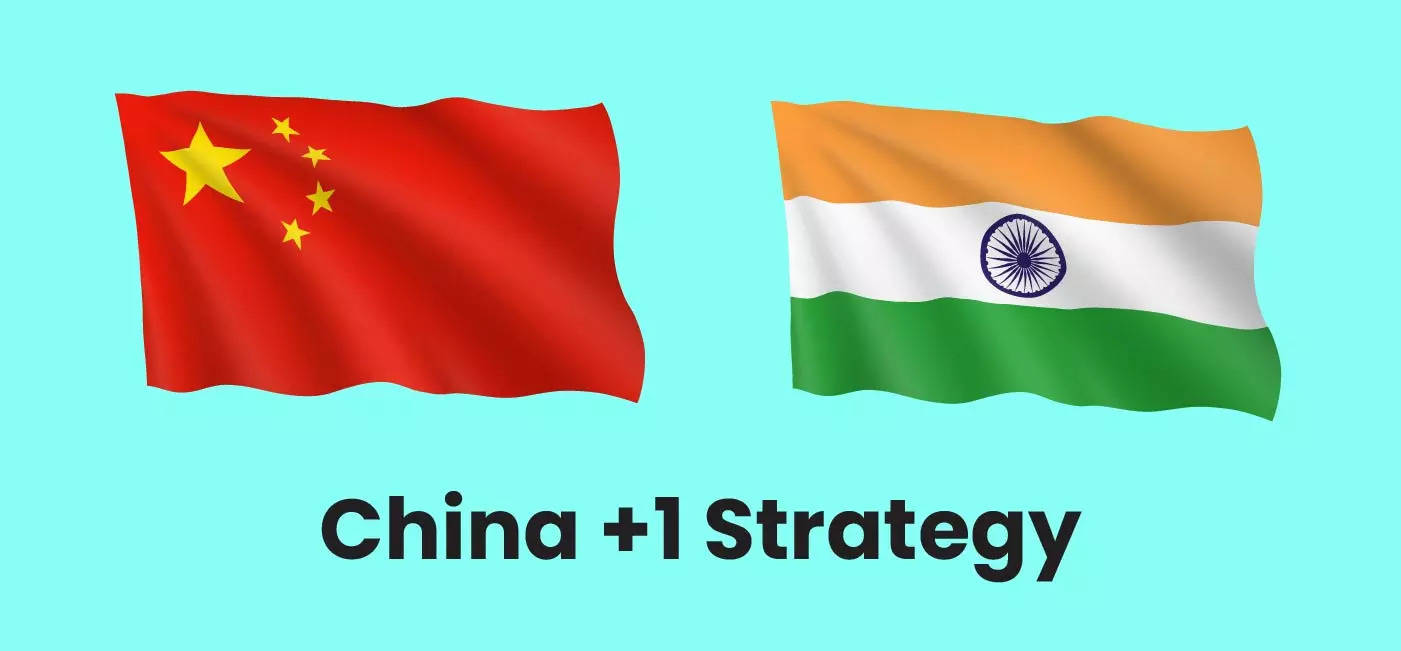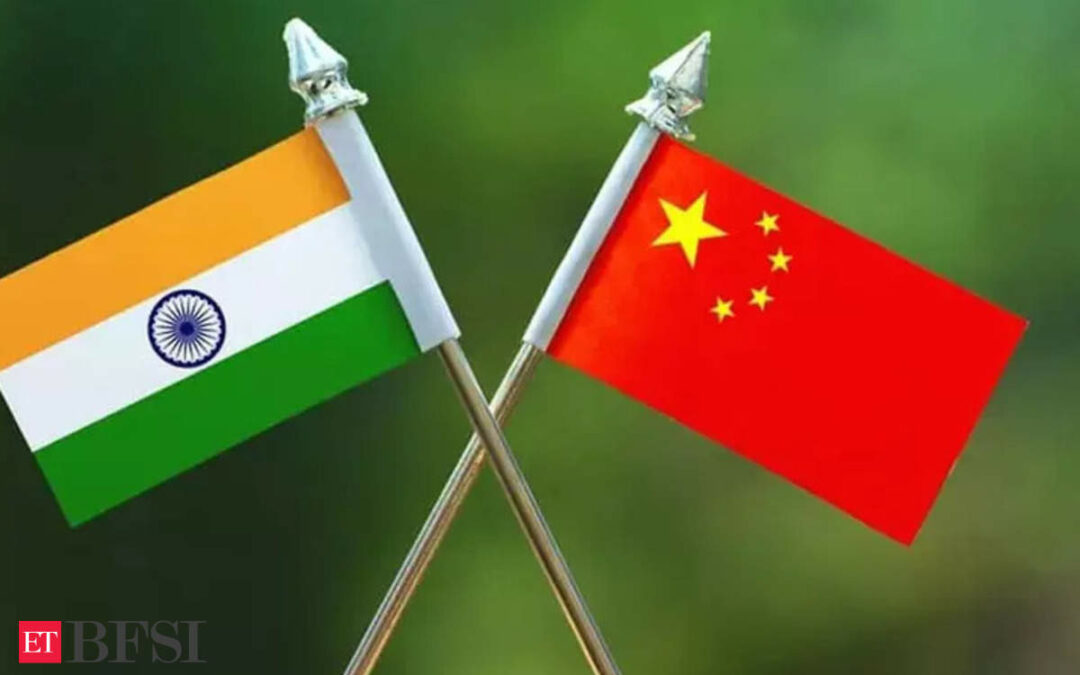The Economic Survey released on Tuesday for the year 2023-24 have forecasted a 6.5 to 7 per cent growth in India and also highlighted the importance of infrastructure boost, rise of stock market etc. It has also added a highlight in the 552 page document on how India can benefit from China plus one strategy.
The Economic Survey has advised two things for India. First is to promote Foreign Direct Investment (FDI) from China and second is to increase the imports from China. Survey observes that it is more beneficial for India to have Chinese FDI.
“India faces two choices to benefit from China plus one strategy: it can integrate into China’s supply chain or promote FDI from China. Among these choices, focusing on FDI from China seems more promising for boosting India’s exports to the US, similar to how East Asian economies did in the past. Moreover, choosing FDI as a strategy to benefit from the China plus one approach appears more advantageous than relying on trade. This is because China is India’s top import partner, and the trade deficit with China has been growing. As the US and Europe shift their immediate sourcing away from China, it is more effective to have Chinese companies invest in India and then export the products to these markets rather than importing from China, adding minimal value, and then re-exporting them,” The survey said.
It has highlighted that India has turned surplus in electronic exports into a trade deficit over China.
Over the last five years the world is looking at an alternative to China due to two reasons. First is the disruptions caused by Covid-19 and second is the rising cost of business in China due to scuffle between China and the US. Large companies are looking to de-risk themselves from China. Hence, the question is whether it will benefit India.
The Economic Survey has cited research done by Boston Consulting Group (BCG) which says that 90 per cent of manufacturers from North America have moved their production to other countries like Mexico, Thailand, and Vietnam.

Can India benefit from China plus?
The survey says that India will not get the immediate benefit out of China plus. It has highlighted the remarkable surge India has showcased in the electronic segment but implementing a PLI scheme will be a key driver, says survey.
“While India may not be an immediate beneficiary of the trade diversion from China, it has witnessed a substantial increase in its electronic exports over time. The implementation of the PLI scheme has been a key driver of this growth,”
The Survey says that electronic exports are now a trade surplus.
“India’s electronic exports to the US have transitioned from a trade deficit of USD 0.6 billion in FY17 to a trade surplus of USD 8.7 billion in FY24, underscoring a significant increase in value addition. Within the electronics sector, the category that has experienced the most growth is mobile phones, with exports to the US rising from USD 2.2 billion in FY23 to USD 5.7 billion in FY24,”
Government’s PLI schemes
The government has launched various Product Linked-Incentives (PLI) schemes which have enticed many global manufacturers to enter India.
“The Government’s PLI scheme, including tax breaks and subsidies, plays a significant role in attracting companies. The rise in India’s domestic smartphone demand is also a key factor in companies’ decisions to invest there. For instance, Apple assembled USD 14 billion worth of iPhones in India during FY24, constituting 14 per cent of its global iPhone production.103 Foxconn has started production of Apple mobile phones in Karnataka and Tamil Nadu,” the survey said.
The survey has highlighted that India should deepen its involvement in Global Value Chains (GVCs) and look at the success strategies of East Asian Economies.
“For India, improving logistical efficiency has been a key focus, as evidenced by a noticeable rise in India’s score on the World Bank’s LPI. The second strategy, focused on investment facilitation, includes actions to increase and stabilise foreign investment. The PLI scheme, for example, encourages high-quality foreign investment by offering a market-linked incentive system for companies to comply with,”











